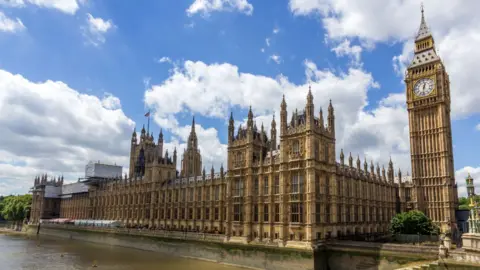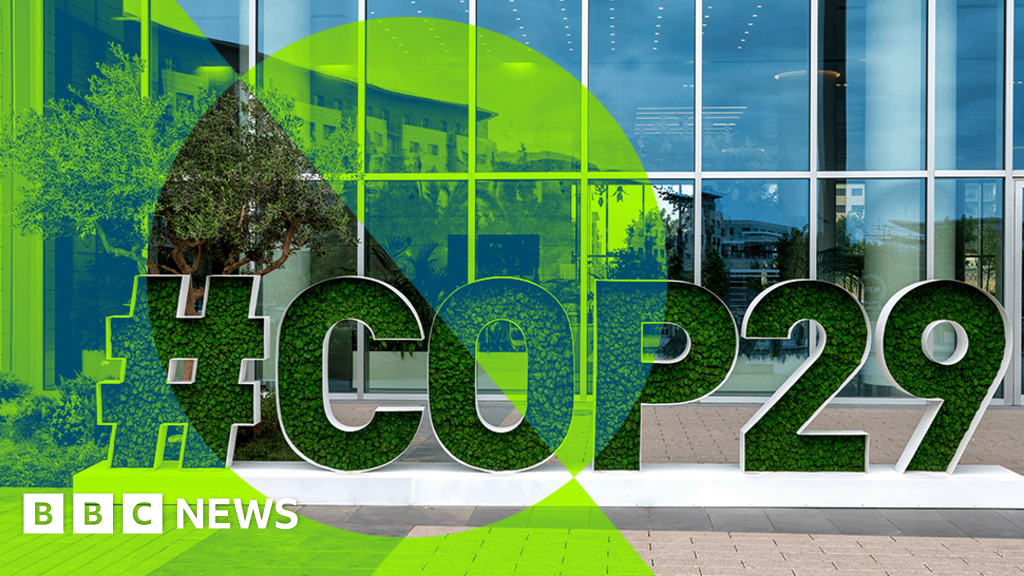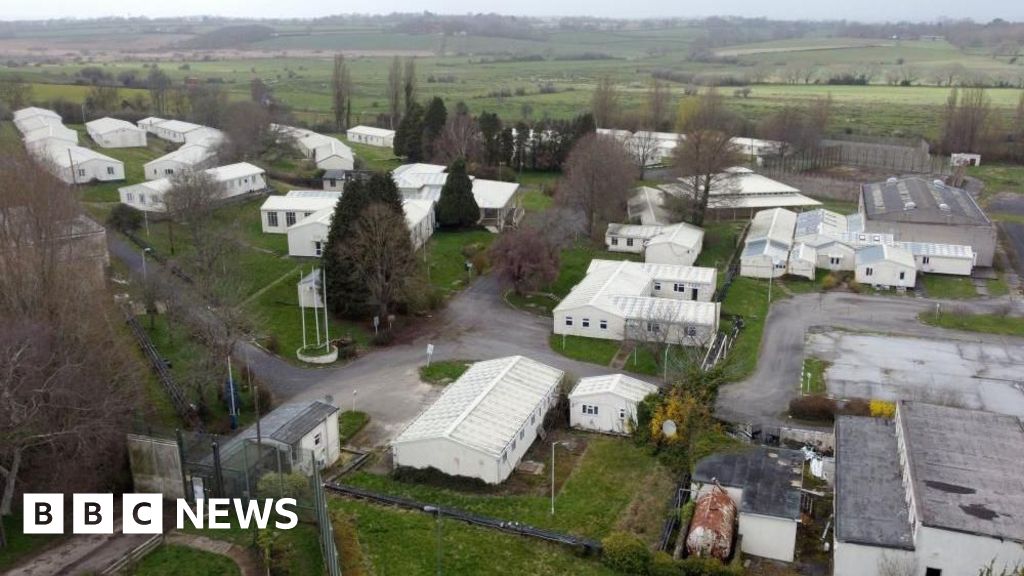ARTICLE AD BOX

 Getty Images
Getty Images
Enda McClafferty looks at the role manifestos play in Northern Ireland
General election manifestos in Northern Ireland are a bit like campaign confetti.
They are launched with great fanfare and hang around for a short while but once they hit the ground, they are quickly forgotten.
Like confetti, they also hold little value for voters.
That is because elections in Northern Ireland are never decided by who has the best policies on tax, health and education - they are fought along constitutional battle lines.
On one side unionists, who want to keep the union with Great Britain; on the other nationalists, who would prefer to see Northern Ireland joining with the Republic of Ireland.
And in the middle, as it were, the centrist Alliance party, who don't take a position on the constitutional matter and define themselves as a cross-community party. In Assembly elections, they have grown to become the third largest party.
It's a very different political landscape from the rest of the UK and Northern Ireland’s 18 MPs have no real power at Westminster.
By comparison, London alone elects 73 MPs to the House of Commons.
Added to the mix one of the NI parties - Sinn Féin - does not take any Westminster seats it is elected to.
The party has always held a policy of abstentionism when it comes to the House of Commons.
There has been one small exception to the rule that NI parties generally do not have a huge influence on Westminster politics.
You may remember the Democratic Unionist Party (DUP) propping up Theresa May’s government with a confidence-and-supply arrangement seven years ago.
Do manifestos work in NI?
So in truth, any pledges in a general election manifesto always ring hollow in Northern Ireland.
Even promises made in Assembly election manifestos carry little weight.
That is because of the system of government here.
A four-party mandatory coalition means no one party can make big changes without the consent of its political opponents.
So manifesto pledges can quickly disappear when they meet the hard reality of coalition government.
But that doesn’t stop all the local parties publishing glossy manifestos full of policies and promises.
That is because manifestos are a baked in feature of election campaigns.
And the day they are unveiled is the one day during the campaign when the parties are guaranteed the spotlight.


Passing the analysis test
Each party, depending on size, gets allocated minutes on air or space on online sites.
This year, BBC News provided in-depth analysis online on key party pledges, posing questions around how they will be delivered, and crucially, paid for.
You can read that analysis for the five main party manifestos in the articles linked above.
Journalists elsewhere also deconstructed the manifestos and exposed more weaknesses than strengths.
To quote one party source: “Passing the analysis test is key because we know voters don’t read manifestos.
“They will though remember if a pledge is demolished by journalists.
“That is why parties always play it safe.”

 Getty Images
Getty Images
Parties have been launching their manifestos in the run up to next week's Westminster election
A manifesto pledge from outside NI can hold the most weight
But there was one manifesto pledge which had a huge impact on hundreds of families across Northern Ireland.
That was the election promise by the Conservative Party in 2019 to end Troubles-related prosecutions against military veterans.
That led to the controversial Legacy Act, opposed by all parties here but made law nonetheless.
It also offered immunity from prosecution for suspects though that has since been successfully challenged in the courts by victims' families.
It remains though an example of how a manifesto pledge from a party with UK-wide power can mean more for Northern Ireland than just words on a page.

 4 months ago
26
4 months ago
26








 English (US)
English (US)